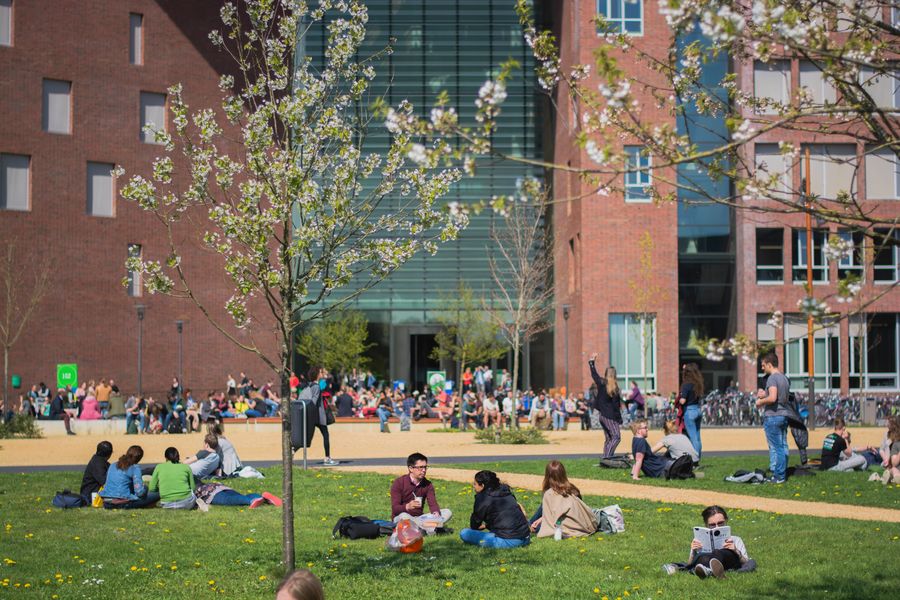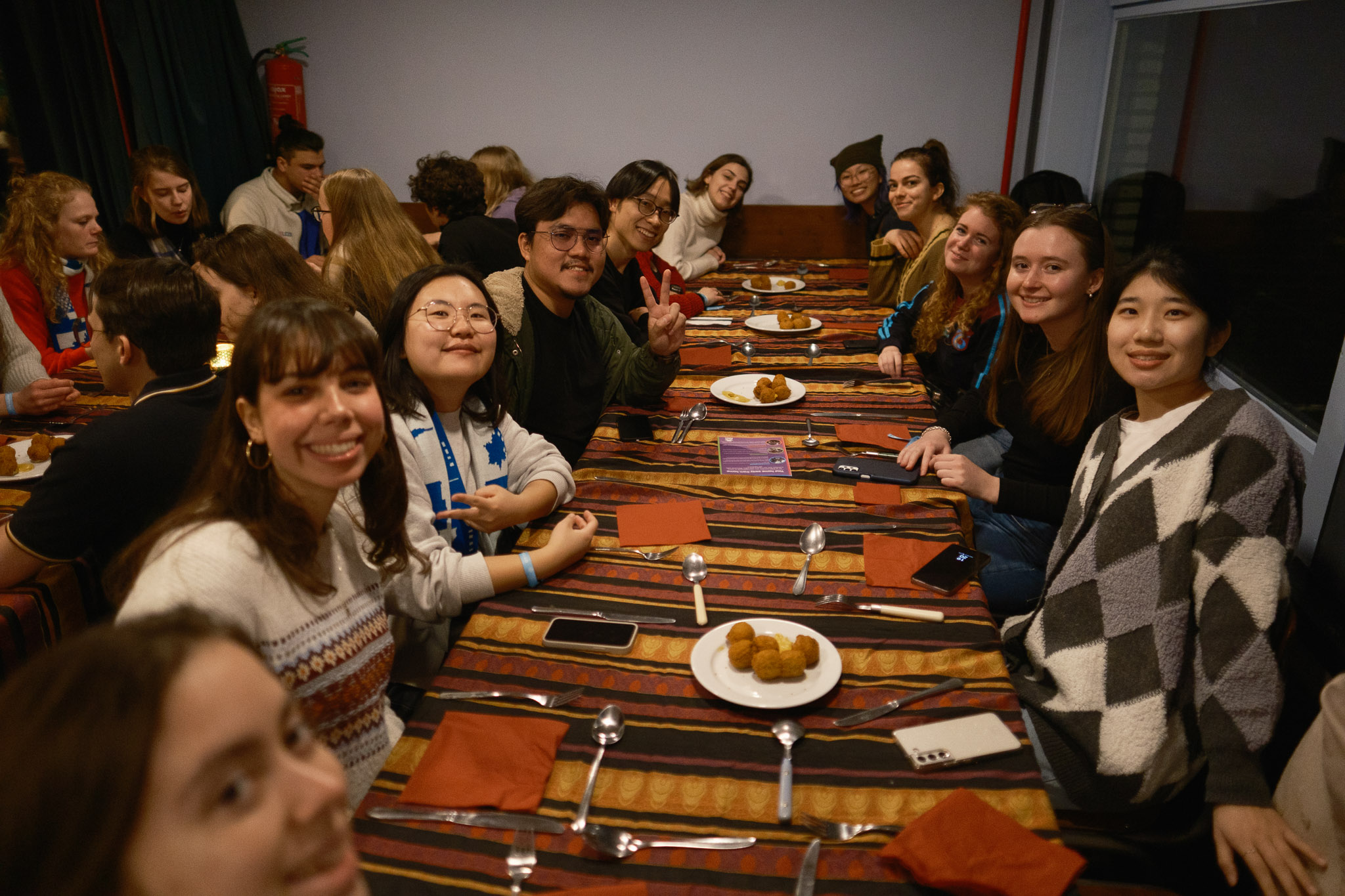‘Education has come to a standstill in many countries so people are not getting their diplomas in time,’ says Student Service Centre head Ingrid Hijman. ‘Many assessment centres for English tests are also closed. It is also not possible for new students from outside Europe to apply for visas. And the economic crisis associated with the pandemic will create new financial challenges for potential WUR students. In short, there is a lot of uncertainty at present.’
A solution can be found for some of these problems. For example, In’to Languages can run language tests for new students. Hijman: ‘But there is no immediate solution for some other issues. We can’t arrange visas while the embassies are closed. Normally we would need to have got that sorted in June for the September intake. It is very unclear at the moment whether that will be possible. Will students even be able to travel to the Netherlands? We simply don’t know.’
Starting in February
Given the current uncertainty and the unanswered questions, Hijman favours a second intake in February. ‘A number of degree programmes are already offering that option but perhaps we should do this for WUR as a whole. Hopefully the situation will be more stable by then and there will be time to arrange everything properly. We should all be already thinking much harder about this.’
Dean of Education Arnold Bregt also acknowledges that the coronavirus crisis is creating a lot of obstacles for the admission of international students. ‘Dirk van Damme of the OECD (Organisation for Economic Co-operation and Development, ed.) recently shared a presentation with analyses of the impact of the crisis on higher education. I think the picture he gave is broadly correct.’
Major blow
Van Damme, the head of an education division in the OECD, expects that the crisis will be a major blow to international student mobility (slide 11); that universities dependent on tuition fees paid by non-EU students will suffer a lot (slide 15); and that there will be a ‘huge drop’ in applications from Chinese students (slide 21). Nuffic, the Dutch organization for internationalization in education, also expects less physical student mobility in the next few years. ‘Students from China, India and South Korea are expected to increasingly opt for a university in their own region. (…) This trend was already evident because of the increasing quality of Asian higher education institutions but the coronavirus crisis may accentuate it.’
‘We just don’t know what the impact will be here,’ concludes Bregt. ‘Each year we get about 10,000 applications from international students who aren’t directly eligible. There were 13,474 such students last year. They then have to go through the admission procedure and only 8 to 10 per cent enrol in the end. But at the moment we don’t know how many of those applications can be admitted because everything is at a standstill due to the coronavirus measures. And we don’t know how many of the students who are admitted will actually enroll. What will happen with the European intake is also unclear. We are dependent on how the situation develops here and in other countries.’

 Photo: Marte Hofsteenge.
Photo: Marte Hofsteenge. 

